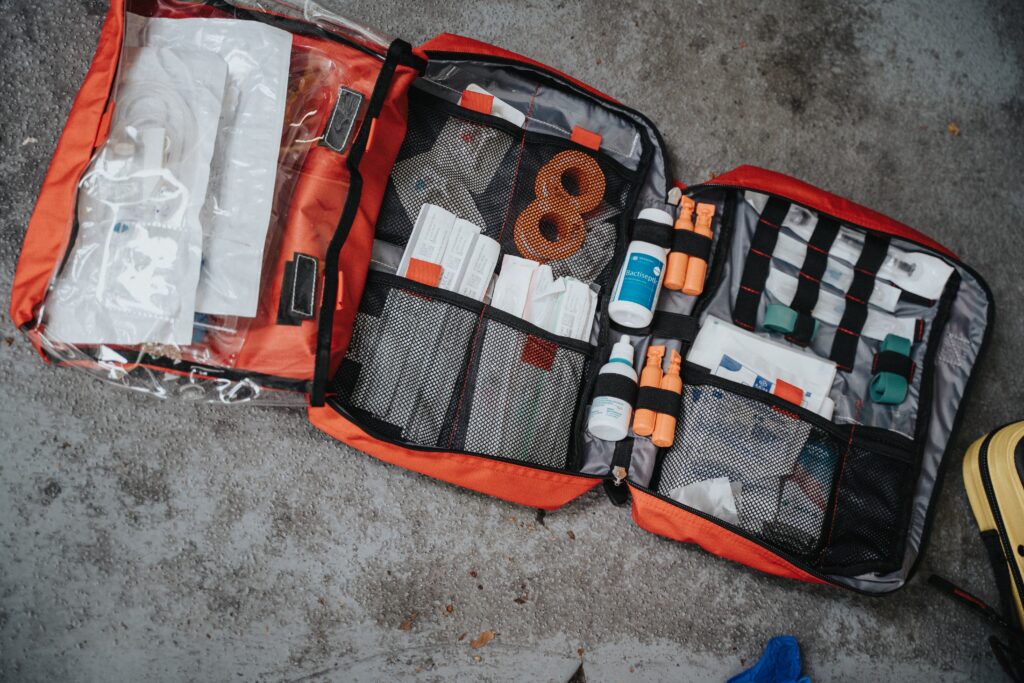When heading out into the wilderness, it’s important to be prepared for any situation. One of the most important skills to have is the ability to provide basic first aid. Injuries can happen at any time, and it’s important to know how to treat them to prevent them from becoming worse. Here are some basic techniques for treating injuries in the wild.
1. Stop the Bleeding
The first step in treating any injury is to stop the bleeding. Apply pressure to the wound with a clean cloth or bandage until the bleeding stops. Elevating the injured area can also help to slow the bleeding.
2. Clean the Wound
Once the bleeding has stopped, clean the wound with clean water and soap. Rinse the wound thoroughly and pat it dry with a clean cloth. If you have access to antiseptic wipes or ointment, apply them to the wound to prevent infection.
3. Dress the Wound
Cover the wound with a sterile bandage or dressing to protect it from further injury and to keep it clean. If the wound is on an extremity, such as an arm or leg, immobilize the limb to prevent further movement and injury.
4. Treat Burns
If someone in your group suffers a burn, immediately cool the affected area with cool water or a cold compress. Do not apply ice directly to the burn as this can cause further damage. Cover the burned area with a sterile bandage or dressing.
5. Treat Sprains and Strains
If someone in your group suffers a sprain or strain, immediately apply ice or a cold compress to the affected area to reduce swelling. Elevate the injured limb and immobilize it to prevent further injury. If the injury is severe, seek medical attention.
6. Treat Fractures
If someone suffers a fracture, immobilize the affected limb with a splint or brace. Do not attempt to reset the bone unless you have medical training. Seek medical attention as soon as possible.
Knowing how to provide basic first aid can mean the difference between life and death in the wilderness. By following these basic techniques, you can help to treat injuries and prevent them from becoming worse. Always be prepared and carry a first aid kit with you when heading out into the wild. Stay safe!

